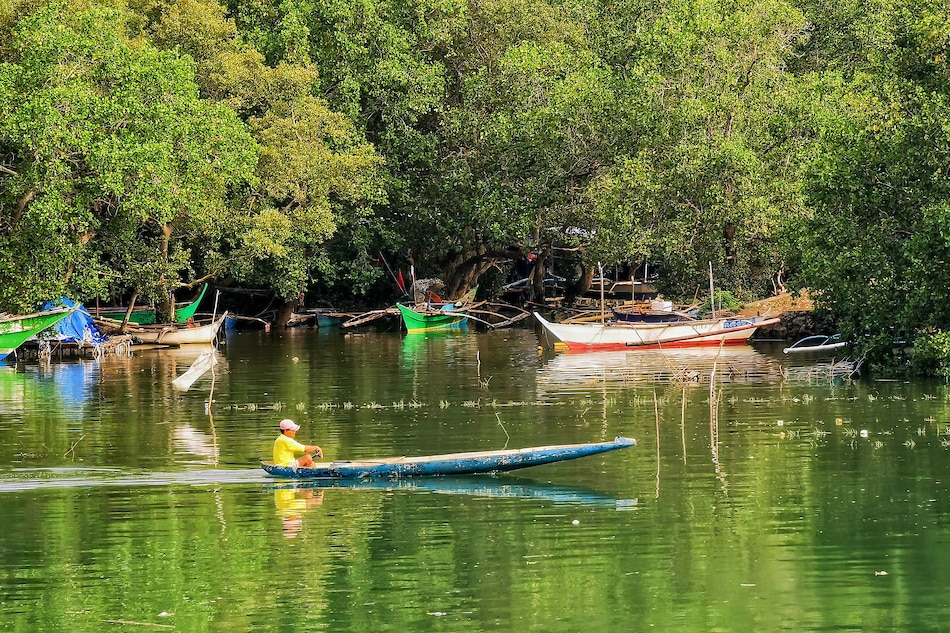MANILA — The Philippines suffered the “second worst” loss of mangroves in Southeast Asia over a 2-decade period, scientists from the University of the Philippines said.
Philippine mangroves saw a 10.5 percent decline between 1990 and 2010, researchers said in their review of 335 studies, said to be the first of its kind in Southeast Asia.
The disaster-prone Philippines “is surpassed only by Myanmar, which suffered a 27.6 percent loss between 2000 and 2014,” according to the study by UP PhD Biology student Maria Elisa Gerona-Daga and Institute of Biology Associate Professor Dr. Severino Salmo III.
Researchers flagged the “large gaps in our understanding of the current and future state” of mangroves, which serve as protection against storm surges and waves especially when typhoons hit.
“The findings are a stark wake-up call,” the scientists said, adding that there was “less than a decade left” in the UN Decade on Ecosystem Restoration, a global movement that aims to halt the degradation of ecosystems and sets sustainable development goals.
The UN Decade runs from 2021 through 2030, the timeline scientists have identified as “the last chance to prevent catastrophic climate change.”
SUGGESTIONS
Gerona-Daga and Salmo’s study offered several suggestions for mangrove restoration and safeguarding biodiversity.
They proposed adding “more mangrove faunal and floral species as bases for selecting and prioritizing sites for restoration.”
“The approximately 3,000-square-kilometer restorable area across SEA, as estimated by University of Cambridge researchers in 2018, should also be earmarked and ground-truthed for each country to determine suitable restoration sites,” they noted.
They also urged governments to support research and community involvement in mangrove monitoring, saying collaborations are essential in sustaining mangrove protection across the region.
“Establishing and strengthening partnerships with neighboring countries will enable the region to form unified goals and facilitate more sustainable restoration measures,” the scientists said.
“Sharing knowledge and other resources in the SEA region can also benefit countries with limited mangrove restoration research,” they added.

